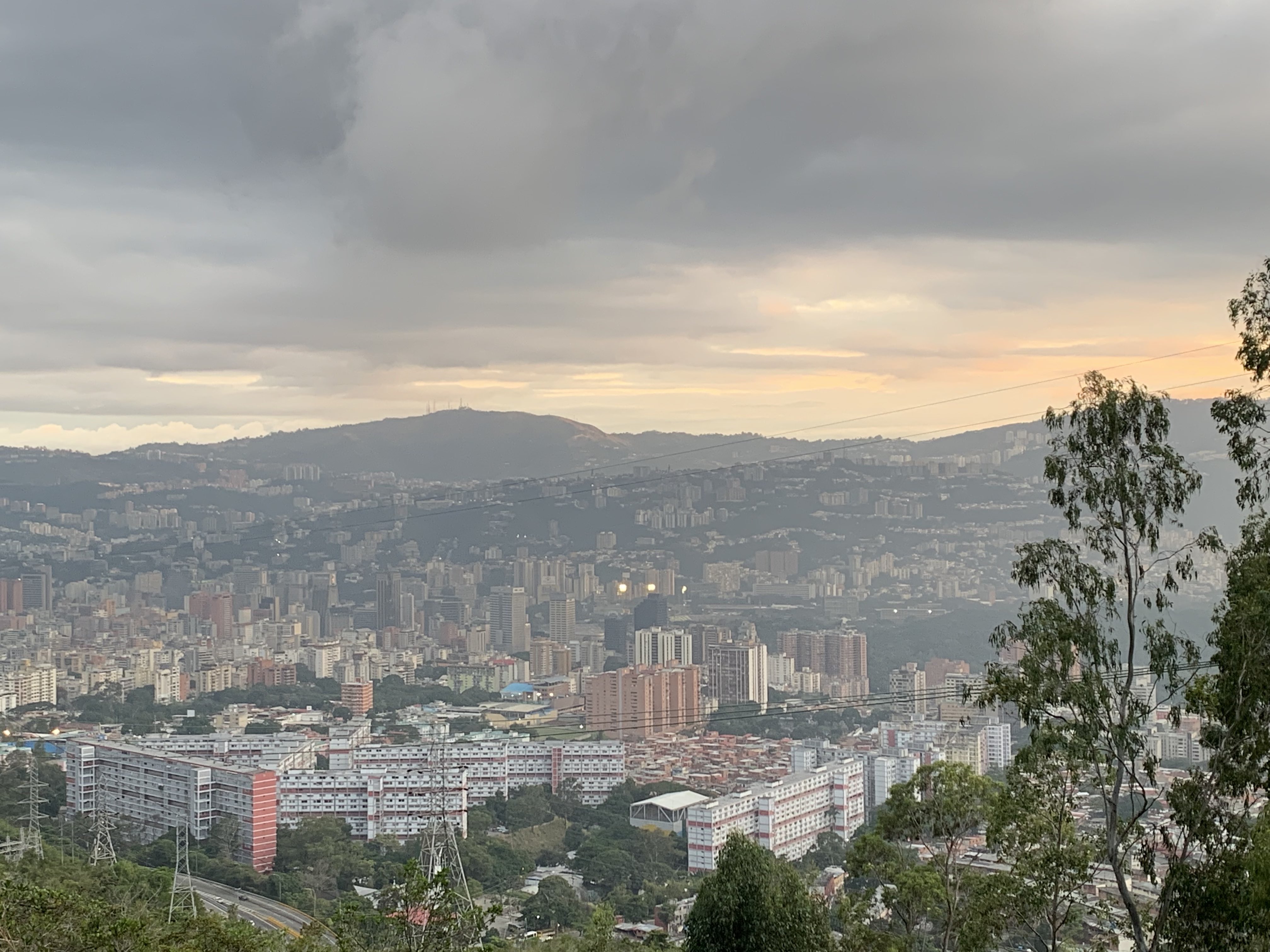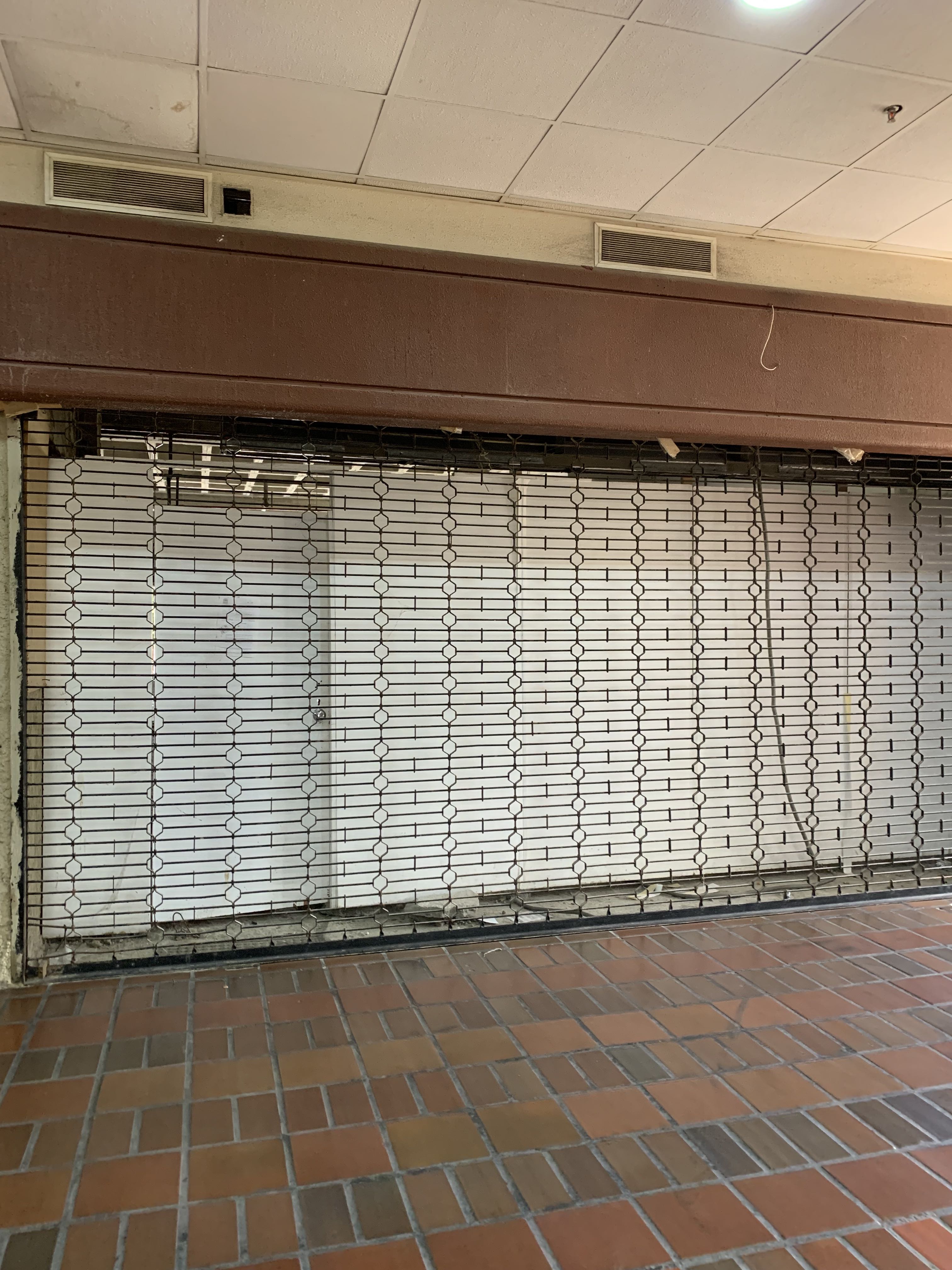Blog
- Lifestyle
Travelling back to my homeland…
- Yeli
I returned after 6 years of absence to find a country in better conditions than the last time I saw it, but not even close to the Venezuela I left in 2009, when I emigrated to Canada.
Let me explain:
I arrived at night, on a Saturday, December 18, to a practically empty airport. Maiquetia International Airport, which used to see a lot of air traffic and thousands of passengers coming to Venezuela daily from numerous international destinations and thousands more departing to a similar number of destinations, today looks like a small airport with minimal influx of flights and therefore, passengers.
As we drove up towards Caracas, the capital, I noticed a dark city, not only because many of the lights on the highway no longer work, but also because many of the apartments in the buildings that used to be sources of illumination themselves, were now turned off, I imagine abandoned and alone.
The next day I went out for a walk in the area where I live. It served me as confirmation to the hypothesis I had formulated the night before: the city, at least the southeast, is abandoned. I saw many houses in a state of disrepair and abandonment, I saw several houses with padlocks on their fences. Sometimes I felt like I was in one of those movies where you have to evacuate the city because of some natural disaster… only here the disaster has a name: 21st century socialism. The one that Chavez invented more than 20 years ago.

I also took a short walk through a shopping mall situated less than 3km from my house. It was shocking to see the amount of closed stores, but I’m not talking about temporarily closed, but closed forever. So much has changed that before, it was super difficult to find a parking spot, and now there is not even access to the basement because there is not enough flow of vehicles.

So here is where the last two points converge: all these empty houses and stores represent people who worked to be able to have a decent living, a nice house, who made an effort and managed to open a business in a shopping center, and who had to make the hard decision to leave everything behind and start all over again far away from their land…
Then I went to the supermarket. A supermarket with very few customers, with prices in US dollars and decently stocked. The last time I came to Venezuela it was the opposite that left a bad taste in my mouth: shortages and empty shelves. Nowadays, on the contrary, you find pretty much everything you need, but at prices that seem ridiculous and expensive. The question I asked myself is, who can buy these things? Venezuela is a country with Miami prices with salaries as low as those you find in Haiti, a country that has been declared as one of the poorest in the continent. My family, and many other families as well, have access to foreign currency either because of past investments or because they have relatives who are part of the Venezuelan diaspora, but what about the rest of Venezuelans?
Then I saw the line to get gas… unheard of! An oil producing country that has such a shortage of fuel. It turns out that there are two ways to buy gasoline: at a dollarized price or in bolivars (Venezuelan currency), which is much cheaper and affordable for most Venezuelans. The problem arises when, for you to get gasoline in Bs, you will have to stand in line for many hours and most likely you will have to sleep there… it is hard to understand, and in fact I only understood it when I saw it. I filmed a video, you can see it here: https://youtu.be/u4MX94KV2vM
I see a Venezuela with two types of Venezuelans. There are those who have expensive new cars, whose houses are remodelled and who have the purchasing power to buy everything at Miami prices and eat in the best restaurants in Caracas. There is another group, which I believe is the great majority, that survives as best as they can. Within this group there are several subgroups: those who have access to a few dollars – like my family – and have the means to buy food, those who have been lucky enough to start a small business or have a job that allows them to survive, and those who do not belong to any of the above groups: those who were forgotten and abandoned in the fourth and also in the fifth republic, which is Venezuelan slang to say before Chavez and after him as well.
What I see is that this government, this regime, this 21st century socialism, which came to power criticising previous governments for the inequality it had created among Venezuelans, is doing exactly the same. It has, in my opinion, worsened the situation. The middle class suffers, the poor class is poorer, many of us have left and others – very few- seem to have found the goose that lays the golden eggs.
“It is about the exhibitionism of quotas of political, economic and repressive power that have accumulated in Chavismo, but that, due to the conflict of recent years, was hidden, and now, not only feels comfortable showing itself, but needs to do so as an expression of strength… It is not a Venezuela with GDP growth, with budget for pensions, universities and hospitals or where gasoline is produced. It is a postmodern Darwinism of exhibitionist survival of the most delinquent. This is only normal in a Criminal State”.
